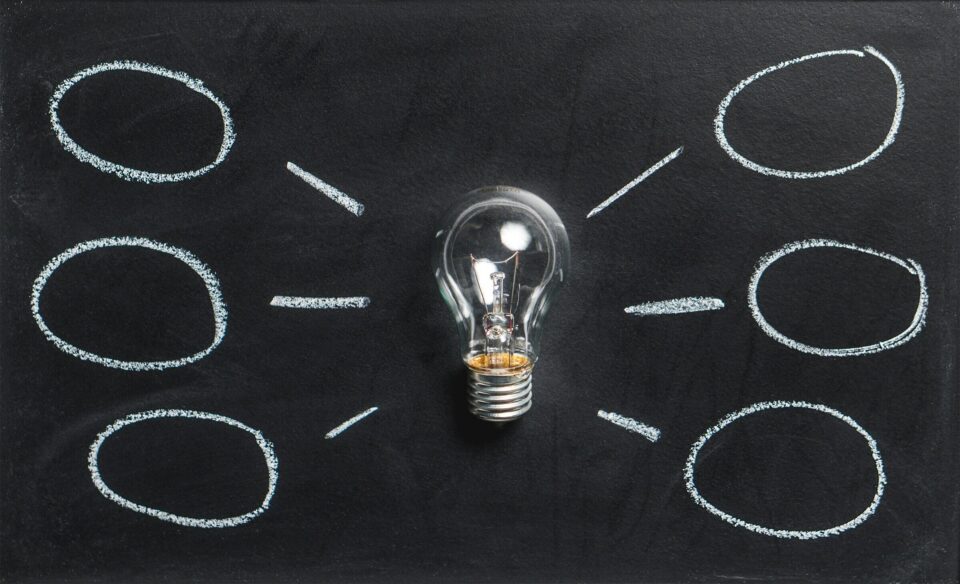DOE’s Latest Attempt to Neuter Its Statutory Energy Efficiency Responsibilities
David J. Hayes (Past Executive Director) / August 8, 2019

Since Congress enacted the Energy Policy and Conservation Act in 1975, the Department of Energy (DOE) has implemented a successful program that requires manufacturers to produce more energy efficient products. By DOE’s own count, the program will save consumers an estimated $1 trillion in foregone energy costs by 2020 and more than $2 trillion by 2030, while avoiding 2.6 billion tons of carbon dioxide emissions, which is equivalent to annual CO2 emissions from nearly 550 million automobiles.
Despite its success (or, perhaps, because of it), the Trump administration has declared war on DOE’s energy efficiency program. As noted in a previous edition of Legally Speaking, the administration has, among other things: (1) ignored statutory deadlines for updating existing standards; (2) erected barriers that hinder the development of new energy efficiency standards; and (3) sought to exempt billions of light bulbs from Congressionally-mandated efficiency standards that are due to kick in on January 1, 2020.
This week, 16 state attorneys general, plus the City of New York, criticized DOE’s latest attempt to undermine the integrity of the agency’s energy efficiency program. At issue is a remarkable DOE proposal that would allow companies to avoid subjecting their products to uniform testing requirements, which are meant to ensure compliance with efficiency standards. Instead, companies could simply inform DOE that they do not intend to follow the required testing procedures, and if DOE does not object within 30 days, these waiver requests would be “deemed granted,” and the manufacturer could avoid compliance.
The proposal represents a new low for DOE’s heretofore highly successful energy efficiency program. As the state attorneys generals summarized: “Providing for automatic, “deemed granted” relief [to product manufacturers] . . . amounts to an abdication of agency responsibility. DOE’s proposal would codify a back-door method for manufacturers to eschew testing requirements and standards compliance.” The attorneys general conclude that the proposed rule “severely undermines” the entire energy efficiency program and should be withdrawn. DOE would be well advised to do so.
